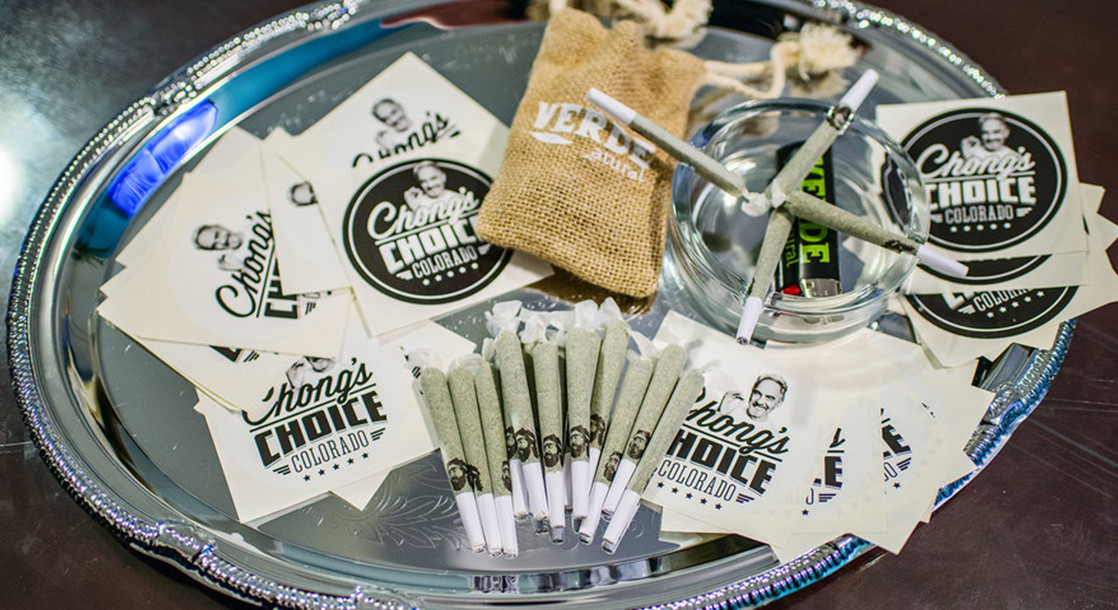As cannabis makes itself safely at home in 28 different states now, federal illegality has remained the biggest thorn in the side of the recreational and medical marijuana industry. Not only have unchanged federal laws prevented cannabusinesses from obtaining adequate banking services, they also caused problems for those seeking to register trademarks for their marijuana-based products.
When it comes to branding marijuana lifestyle products such as apparel (like hats and T-shirts), cannabis companies haven’t had much trouble trademarking them. In terns of cannabis products, however, the U.S. Patent and Trademark Office has refused to approve trademark requests for these same brands.
As long as cannabis is still illegal on the federal level, the Patent and Trademark Office will continue refusing to register trademarks for marijuana retailers or cannabis-based products. This issue creates a level of vulnerability for these legitimate cannabis companies and their products, which are then left susceptible to infringement. In an effort to overcome this dilemma, many companies have instead sought to trademark their ancillary products and services as a means of protection.
According to expert cannabis attorney Todd Winter, this strategy is called the “circle the wagons” approach. Since these companies are unable to trademark cannabis-based products, they instead file requests for other products and services that are included in their business model, but don’t actually contain marijuana. Cannabis companies have utilized this loophole to scare off potential copycats.
For instance, stoner comedian Tommy Chong’s brand, Chong’s Choice, is unable to trademark their line of pre-rolled marijuana cigarettes, so they’ve instead applied for a trademark on their vaporizers and so-called “tobacco” jars. Cannabis Sativa Inc. has used a similar approach for their “Hi” brand, trademarking an apparel line in an attempt to protect their cannabis-based products.
While this trademark loophole helps circumvent federal illegality at the surface, the strategy is still far from foolproof. In order to retain trademarks, these companies must continue selling non cannabis-based products or risk losing their entire brand. This means that these companies must continue to focus on their ancillary products or apparel line in order to safeguard their actual cannabis-based products.
The “circle the wagon” approach certainly has its flaws, but it remains the best strategy for cannabis companies looking to trademark their branded products for the moment. While specific trademark requests won’t fully cover cannabis-based products per say, they do offer some level of protection and place these companies in prime position for when (if ever) the government decides to lift the federal ban on marijuana.











